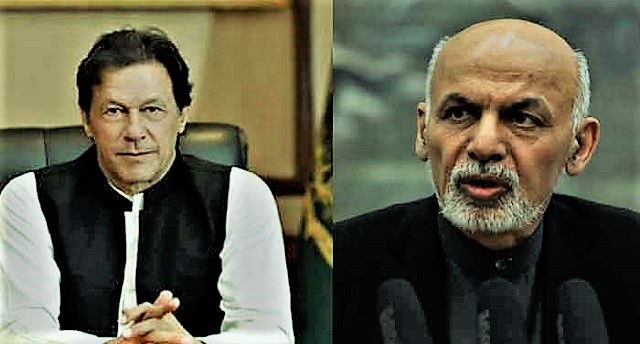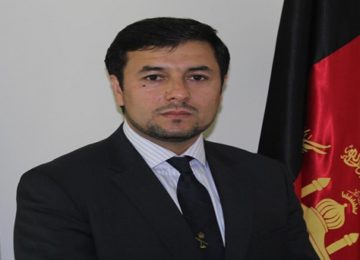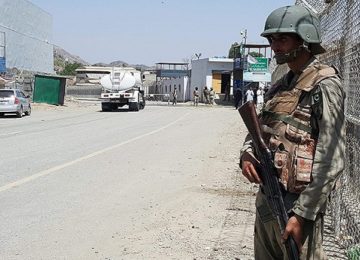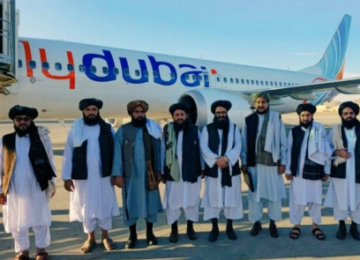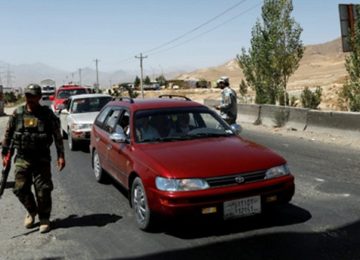November 17,2020
Prime Minister Imran Khan is all set for his maiden visit to the neighboring Afghanistan, since resumption of office in 2018. According to diplomatic sources, Khan is expected to land in Kabul on November 19, 2020. Pakistan’s Premiere is flying to Kabul on the invitation from Afghan President Ashraf Ghani. During his visit, he would meet Ghani and also Dr. Abdullah Abdullah, the Head of Afghan High Council for National Reconciliation (HCNR),
The visit is of crucial significance in the backdrop of snail-paced Afghan peace process in Doha, in parallel to the rise of violence across Afghanistan. The situation got further complicated with the election of Joe Biden to the White House, as it spells new uncertainties for the future of peace process. However, these uncertainties are not only because of the incoming Biden administration, but more so due to outgoing Trump administration’s re-energized calls for the hastened troops withdrawal, from Afghanistan.
In this context, Khan’s visit is also the manifestation of Islamabad’s sincere commitment to do everything possible in bringing peace to Afghanistan whatsoever, as in the broader interest of the region, with no strings attached to Washington. Otherwise, PM Khan could have delayed his Kabul trip, at least till Joe Biden takes charge of White House and decode his plan for Afghanistan. This also reinforces Islamabad’s support for Afghan led and Afghan owned peace process.
It is pertinent to mention that Advisor to Prime Minister on Commerce and Investment Abdul Razak Dawood along with the trade delegation is also in Kabul at the moment, in a bid to further boost bilateral trade ties. The delegation is reported to be discussing a new era of trade and investment cooperation so that the two economies may integrate more and further enhance bilateral economic activity. The delegation would hold discussions on various topics including bilateral trade, transit trade, discussion on a Preferential Trade Agreement (PTA) and moving the trade to a more formal and documented arrangement, as well.
Earlier in October, Dr. Abdullah Abdullah and Gulbuddin Hekmatyar, Leader of Hezb-e-Islami of Afghanistan also visited Islamabad. These top-level engagements, in reciprocity by Kabul signals the increased comfort level between the two sides.
Islamabad-Kabul bilateral relations, after many years seem to be increasingly on a positive trajectory. There is chain of events, with high level engagements and confidence building measures (CBMs) that are lately acting as solid building blocks for consolidating goodwill and mutual cooperation between the two sides. It appears that the top leadership on both sides have finally realized that there is no other option for a progressive future, but to work together.
Through a string of CBMs, Pakistan has been working proactively to address some concerns, off and on raised by Afghan officials, traders and refugees. Moreover, under new visa policy, instead of one-time entry visa, all intending Afghans will be issued a 06 monthly multiple entry visa. Business stakeholders and students will be eligible for 3-5 years long term visa, while, health Visa will be issued at the border on arrival- starting initially from Torkham and will be applicable at all crossing points soon.
Additionally, Pakistan has also okayed to open 12 trade markets/ bazars at the border crossing points along with borders to Afghanistan. The objective, officials said, is to provide livelihood opportunities to the populations living in and around the border region.
Islamabad’s targeted interventions to strengthen cross-border trade with Afghanistan will have positive spill-over effects in general and within Pak-Afghan border areas in particular. Opening a chain of border crossing points along Pak-Afghan border will greatly reduce the transaction costs; hence, boosting the economy, a win-win for both the countries.
While both countries are cozying to each other lately; the development is also opening new ways of structural relationship between the sides on institutional level. In a nutshell, the increased frequency of comprehensive engagements between Pakistan and Afghanistan, that too in a structured and at institutional level, herald better days for both sides.
The author Saddam Hussein serves as a Research Fellow and Program Manager at the Center for Research and Security Studies (CRSS) and for Afghan Studies Center, Islamabad, as well. He tweets @saddampide.
© Center for Research and Security Studies (CRSS) and Afghan Studies Center (ASC), Islamabad.



